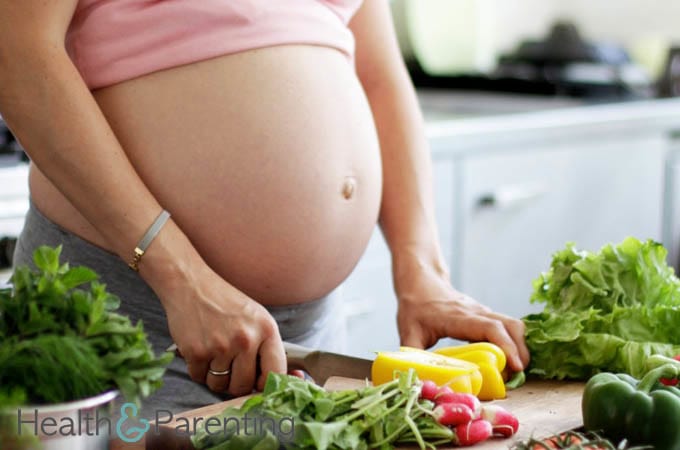Nutrition for Pregnant Women
Pregnancy is a special time in your life and one when many women think about their diet. Not only can what you eat affect your health, but it can also affect the health of your baby in the short and long term, so it is important that you eat a healthy, balanced and varied diet when you are pregnant.
Introduction:
Pregnancy is an exciting time for a woman, but it also requires special attention to nutrition to ensure healthy growth and development for the baby. Pregnant women have specific nutritional needs to meet the demands of their own body as well as to support the growth and development of the baby. In this article, we will look at essential foods for a healthy diet during pregnancy, as well as foods to avoid.
Foods to Eat During Pregnancy:
During pregnancy, it is important to eat nutrient-rich foods that can help support the growth and development of the baby. Here are some foods that pregnant women should include in their diet:
- Fruits and Vegetables: Fresh fruits and vegetables contain vitamins, minerals, and fiber that are essential for the health of the mother and baby.
- Dairy Products: Dairy products like milk, cheese, and yogurt are rich in calcium and protein, which can help support the baby's bone growth.
- Lean Proteins: Lean protein sources like lean meats, legumes, nuts, and seeds are important for the baby's growth and development.
- Whole Grains: Whole grains like brown rice, whole grain bread, and pasta are rich in fiber and nutrients and can help prevent constipation.
Foods to Avoid During Pregnancy:
There are also foods that pregnant women should avoid to protect the baby's health. Here are some of the most common foods to avoid:
- Fish Containing Mercury: Mercury can cause developmental problems in the baby, so it is important to avoid fish containing mercury such as shark, tuna, marlin, and swordfish.
- Deli Meats and Raw Meats: Raw or undercooked meats can contain dangerous bacteria such as listeria and salmonella.
- Caffeinated Beverages: Caffeine can cross the placenta and affect the baby's growth, so it is recommended to limit the consumption of coffee, tea, and energy drinks.
Conclusion:
Nutrition during pregnancy is essential to ensure healthy growth and development for the baby. Pregnant women should eat nutrient-rich foods and avoid potentially harmful foods. By following these recommendations, expectant mothers can help ensure a healthy and happy pregnancy for themselves and their baby.




0 Comments